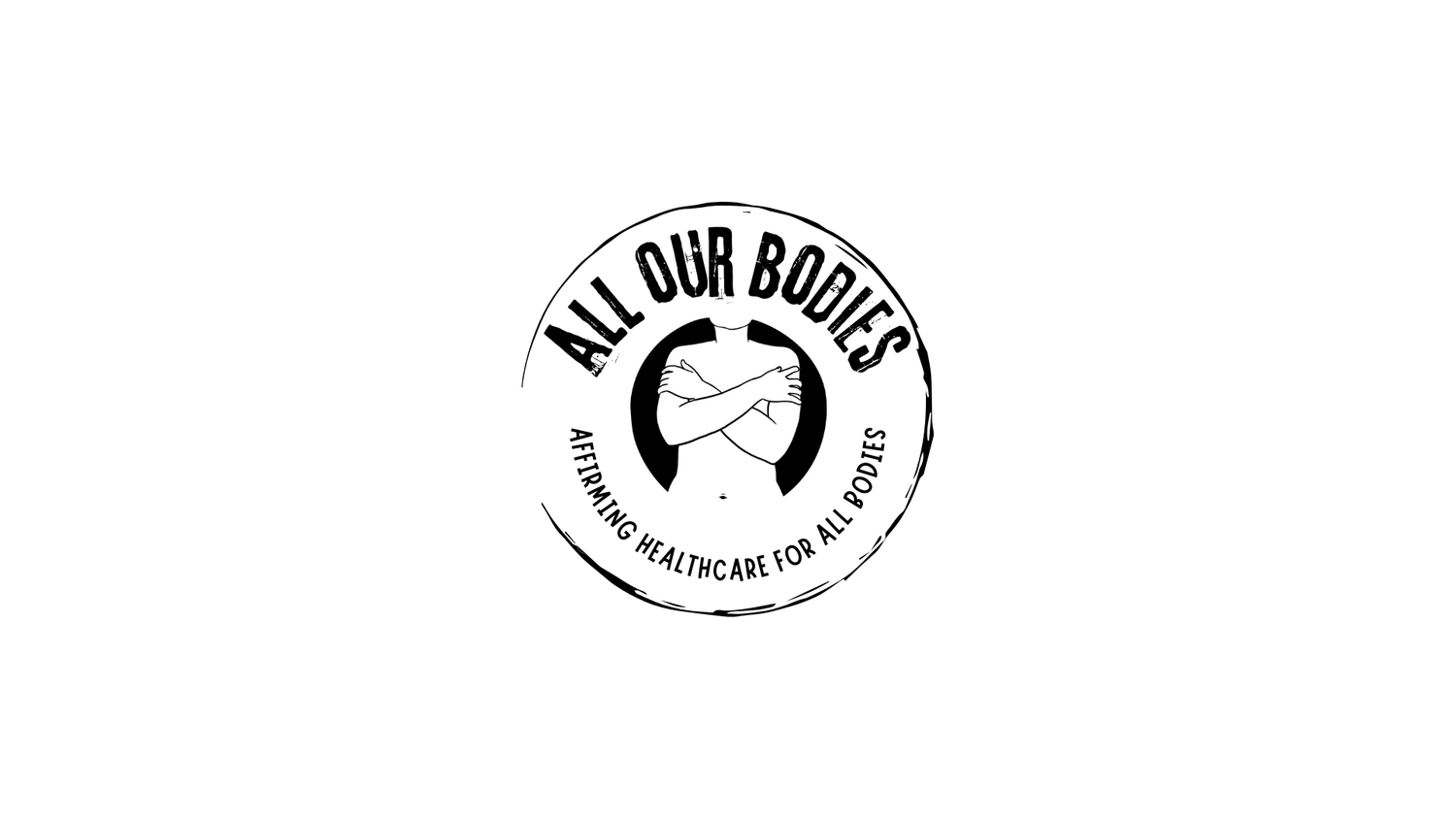PreP
Pre-exposure Prophylaxis
HIV prevention
Pre-exposure means you take medication to prevent getting HIV before you are exposed. This is a proactive way to stay healthy if you engage in activities that might put you at greater risk for HIV transmission such as sex without condoms, or sharing needles or syringes. It's important to take the medication at the same time everyday for 1-4 weeks before it works. The medication protects anal tissue after 7 days and vaginal tissue by 30 days. Once the medication has been in your system long enough, it will decrease your risk of HIV by 99%. Using condoms and only using clean needles will help reduce your risk of HIV as well as other infections.
If you can't take pills or you prefer not to, an injectable form of PrEP can be given by a healthcare provider every 2 months.
PrEP on Demand
If your risk of HIV is higher at sometimes than it is other times, like periodic sex work or long distance relationships with infrequent visits, on demand PrEP may be a better option. Taking two pills 24 hours before sexual contact, and one daily until 48 hours after the last sexual encounter can help reduce the risk of HIV by 85-93%when exposed during anal sex. This may not protect you during vaginal sex.
PEP
Post Exposure Prophylaxis
If you think you have been exposed to a sexually transmitted infection (STI) you can take medication to help prevent the infection spreading to you. Exposure can happen through unprotected sex or exposure to blood, which can be through sex or shared needles or other sharp objects that may have blood on them.
For exposure to HIV, you need to start the medications with in 72 hours, but the sooner the better. You take two different medications for 28 days (4 weeks). This will reduce your risk of acquiring HIV. It is important to take both medications everyday. Sometimes the medication can make people feel a bit nauseous or have an upset stomach; this usually goes away within a few days.
After you finish the course of medication, you get tested for HIV after the 4 weeks, at 3 months and again at 6 months to make sure the medication worked. If you might be exposed to HIV again you can start taking another medication everyday (PrEP) after you've finished PEP.
For exposure to other STIs like gonorrhea, chlamydia, or trichomoniasis (trich), we can give you some antibiotics to help stop the infections.
Emergency CONTRACEPTION
Emergency contraception can delay ovulation and reduce your risk of an unwanted pregnancy. This medication can cause some irregular bleeding, early or late periods. Taking a pregnancy test more than 3 weeks after taking emergency contraception can confirm the pill worked.


